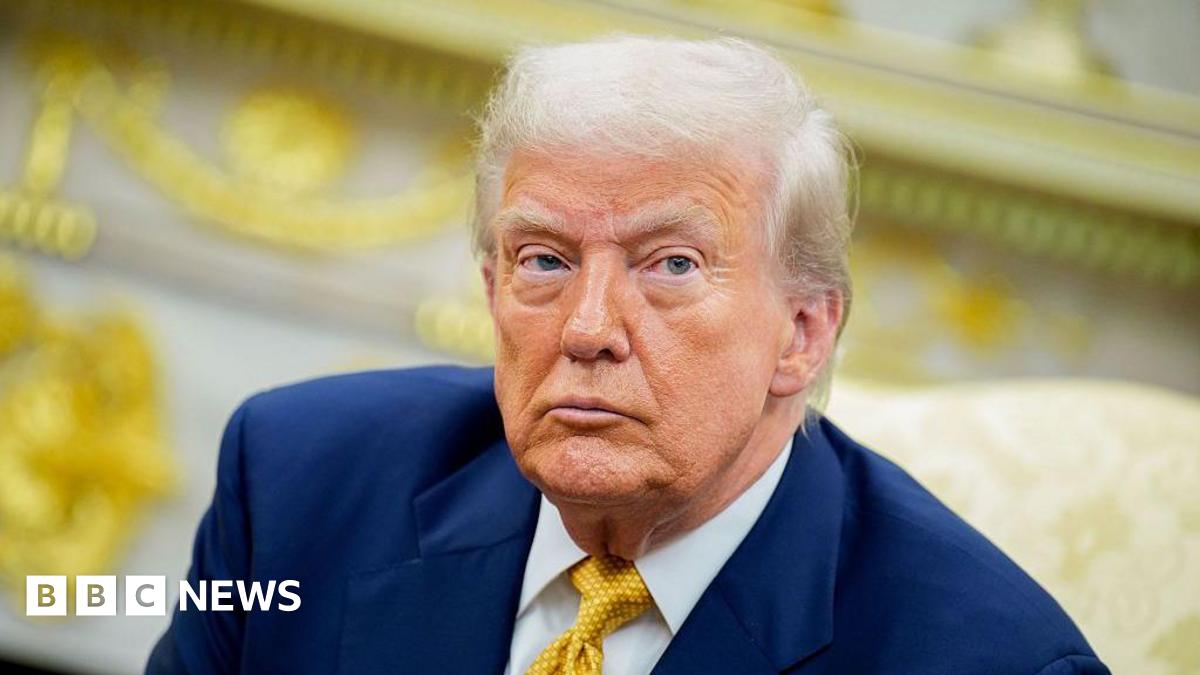In its judgement, the US Court of Appeals for the Federal Circuit rejected Trump’s argument that the tariffs were permitted under his emergency economic powers, calling the levies “invalid as contrary to law”.
The 127-page ruling says that the IEEPA “neither mentions tariffs (or any of its synonyms) nor has procedural safeguards that contain clear limits on the President’s power to impose tariffs”.
The power to impose taxes and tariffs therefore continues to belong to Congress, the court ruled, and the IEEPA does not override this.
The court wrote that it is unlikely that when Congress passed the law in 1977, it was intended to “depart from its past practice and grant the President unlimited authority to impose tariffs”.
“Whenever Congress intends to delegate to the President the authority to impose tariffs, it does so explicitly, either by using unequivocal terms like tariff and duty, or via an overall structure which makes clear that Congress is referring to tariffs,” the judges wrote.
The ruling comes in response to two lawsuits filed by small businesses and a coalition of US states.
The lawsuits were filed after Trump’s executive orders in May, which imposed a 10% tariff on every country in the world, as well as “reciprocal” tariffs on dozen of countries. Trump declared the date to be America’s “liberation day” from unfair trade policies.
In addition to those tariffs, the ruling also strikes down tariffs on Canada, Mexico and China, which Trump argues are necessary to stop the importation of drugs and illegal migrants.
The ruling on Friday does not apply to other tariffs, like those imposed on steel and aluminium, which were imposed under a different presidential authority.
In May, the New York-based Court of International Trade declared the tariffs were unlawful. That decision was put on hold for the
